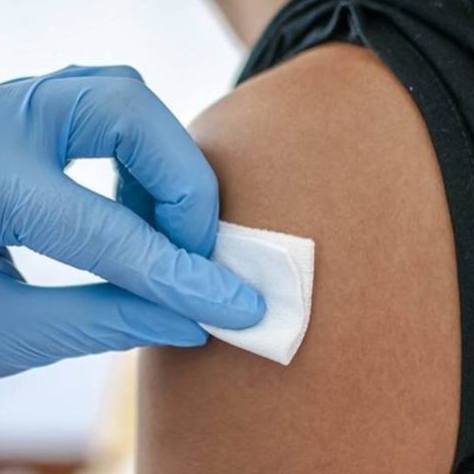-
Infectious Diseases
Mayo Clinic Minute: Why do people get sick with viruses in the winter?
Respiratory viruses like COVID-19 and influenza surge in the colder months. And it's not just because people are spending more time indoors. Dr. Matthew Binnicker, director of the Clinical Microbiology Molecular Lab and co-director of the Clinical Virology Lab at Mayo Clinic, explains what other factors promote virus spread in the winter.
Journalists: Broadcast-quality video (1:10) is in the downloads at the end of this post. Please courtesy: "Mayo Clinic News Network." Read the script.
"It's a really interesting phenomenon that we see with respiratory viruses like COVID-19 and influenza, where we see almost annually this surge of infections during the cooler months in the Northern Hemisphere. It usually happens anywhere between November and the end of February," says Dr. Binnicker. "Most people think that it's just due to more people being indoors, which I think plays some role in it."
Dr. Binnicker says another factor is humidity.
"In the warmer months, there's more humidity," he says. "And when we speak, when we cough, when we sneeze, the larger amounts of moisture in the air causes whatever droplets we release from a cough, sneeze or talking to be bigger. Those droplets are larger in size, and they fall to the ground, they fall to the floor faster."
But, in the winter, when the air is drier, those droplets that may contain a virus can hang in the air for longer periods of time and can spread further.
It also turns out that a person's immunity is not functioning as well in the winter months. That's because cilia, which are small, hairlike projections in the upper respiratory tract that usually move foreign objects out of your nose, don't function as well during the cooler temperatures and lower humidity.
"So a virus is able to persist in our upper respiratory tract for longer periods of time," says Dr. Binnicker.
Besides taking precautions like getting vaccinated and practicing good hand hygiene, Dr. Binnicker says humidifiers may help prevent the transmission of these viruses.
Related Articles







